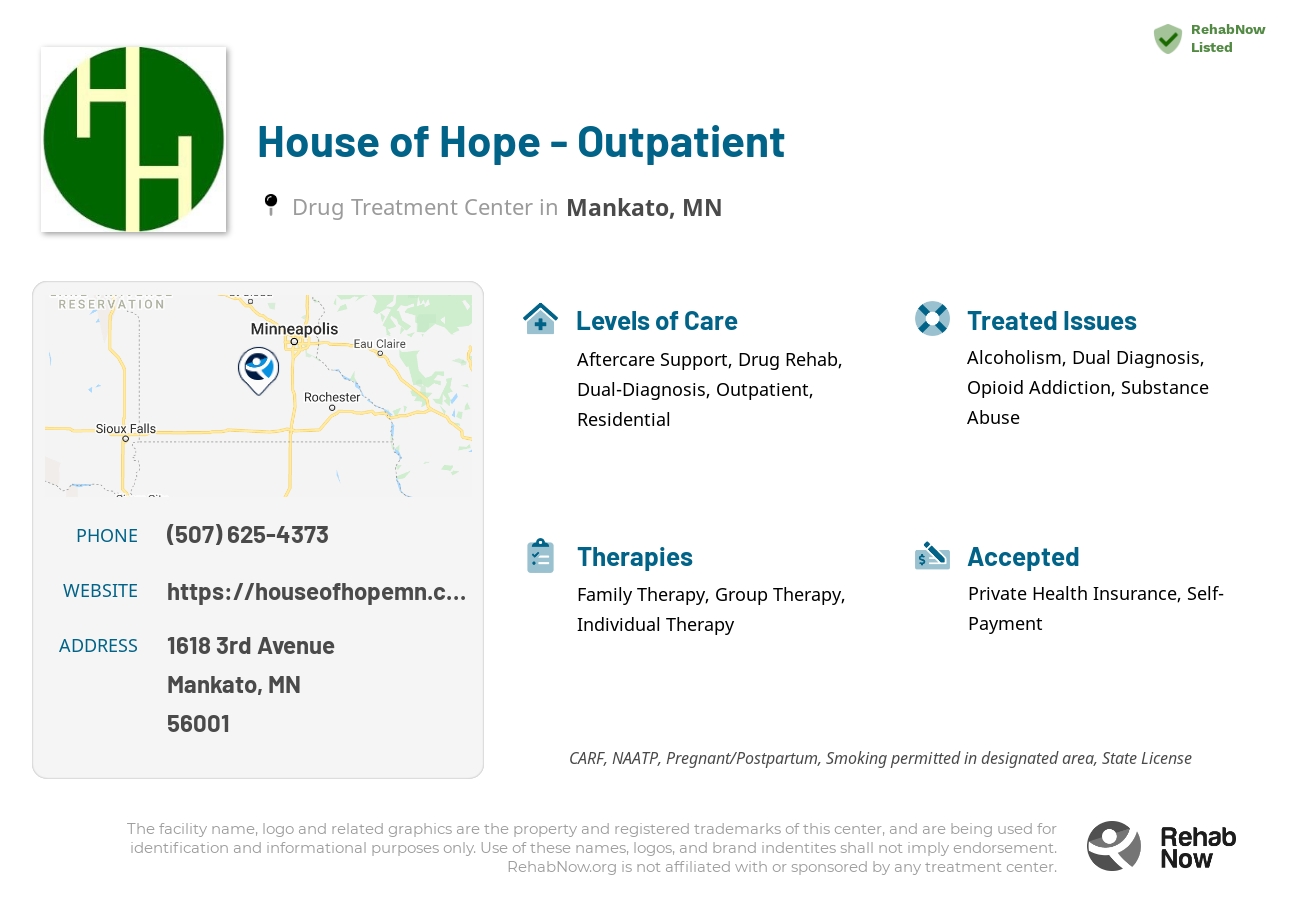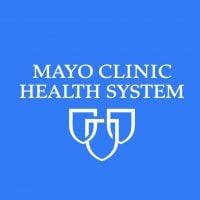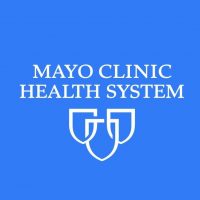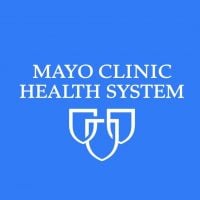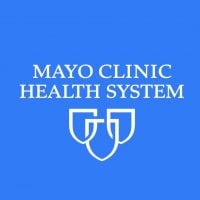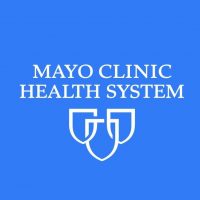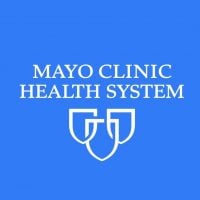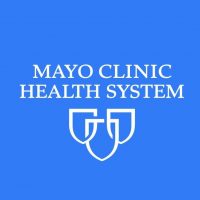House of Hope - Outpatient
Drug Rehab Center in Mankato, Minnesota
House of Hope - Outpatient in Mankato, Minnesota is a comprehensive addiction and substance abuse treatment facility that offers residential, outpatient, and aftercare support, as well as dual-diagnosis treatment, counseling, family therapy, and other services to equip individuals struggling with addiction with the skills and resources to lead a healthy and productive life.
About House of Hope - Outpatient in Minnesota
House of Hope - Outpatient, located in Mankato, Minnesota, is focused on supporting adults in their journey to overcome substance abuse and mental health issues. This facility stands out by integrating the principles of Alcoholics Anonymous into its programs, offering a holistic approach that includes the individual's wider social circle in the recovery process.
- Specializes in combining substance abuse and mental health treatment, offering a comprehensive approach.
- Provides a variety of therapy options including individual, group, and family sessions tailored to each person's needs.
- Employs professionally trained staff to conduct private assessments, ensuring a personalized and effective treatment plan.
House of Hope is recognized with a state license, highlighting its commitment to maintaining high standards of care. This facility is committed to creating a safe and supportive environment, encouraging recovery through a combination of assessments, therapy, and ongoing support.
At House of Hope, treatment is available for those battling addictions to alcohol, opioids, and other substances. The personalized care plans can include a mix of psychotherapy, medication management, and 12-step education, ensuring a broad spectrum of support tailored to individual needs.
Genders
Ages
Modality
Additional
Accreditations
State License
Conditions and Issues Treated
It’s not easy getting sober on one’s own, or even going to rehab and escaping the grasp of addiction by oneself. Substance abuse treatment gives addicts a place to stay sober while learning what it takes to quit for good. They will learn from others about what works and what doesn’t work with remaining drug-free.
Treatment centers such as House of Hope - Outpatient focus on the needs of individual addicts to heal them. There is a combination of physical and mental therapies that treat the root cause of the addiction, whether it be family problems, stress, or past traumatic events.
The final benefit of substance abuse treatment is introducing new people who can help in your recovery after you leave House of Hope - Outpatient. Through group therapy sessions with other addicts and attending support meetings once a day, a person will learn how to interact with others and cope with cravings. This is a chance for you to rebuild your social circle healthily after you leave treatment.
Opioid addiction starts when a person becomes addicted to legal or illegal opioids. The addiction can happen quickly, in just a matter of days. Opioid withdrawal can be extremely uncomfortable and lead the user to continue to use even if they want to quit. Stopping using an opioid requires medical observation. Sometimes inpatient treatment with a medically supervised detox is necessary for managing the withdrawal process while learning lasting tools for maintaining recovery. Medications may be used in some cases of opioid addiction.
Opioid addiction is one of Minnesota‘s most prominent forms of addiction. It’s treated by detoxifying the body so that the chemicals from the medications no longer impact them and by therapies to correct behavior and target the root of the problem.
Recovery is not simply about stopping drug use. Recovery is working with addiction while recovering mental health issues that are fueling the addiction in the first place.
Levels of Care Offered
This center offers a variety of custom treatment tailored to individual recovery. Currently available are Aftercare Support, Drug Rehab, Dual-Diagnosis, Outpatient, Residential, with additional therapies available as listed below.
Outpatient treatment is considered the lower intensity level of addiction treatment. It’s ideal for early phase addiction or lower intensity addictions. It may include weekly sessions instead of daily. It may include weekly sessions instead of daily. Peer group support, 12-step programs, and individual counseling may still be involved but at a lesser frequency than an intensive outpatient program. It is a good choice for someone who doesn’t need to go through a medically supervised detox and who has a supportive home environment. It requires motivation and dedication to commit to the program without constant monitoring.
Residential treatment programs are those that offer housing and meals in addition to substance abuse treatment. Rehab facilities that offer residential treatment allow patients to focus solely on recovery, in an environment totally separate from their lives. Some rehab centers specialize in short-term residential treatment (a few days to a week or two), while others solely provide treatment on a long-term basis (several weeks to months). Some offer both, and tailor treatment to the patient’s individual requirements.
Aftercare support should take place after outpatient treatment has ended. There are a few different types of aftercare support that patients can seek. These include 12 Step, Self-help groups (AA, NA), Therapeutic communities, Long-term, structured sober living arrangements, and Halfway houses (residential treatment centers).
Therapies & Programs
Individual therapy involves one-on-one sessions between the patient and therapist. It provides patients with a safe environment to openly discuss personal and sensitive issues with the therapist. They find the therapist as someone they can trust. Individual therapy aims to identify the core issues that would have led the patient to substance abuse and address them effectively. The therapist can develop patient-specific customized solutions through individual therapy, which aids speedier recovery.
Family therapy is a group problem-solving that aims to improve communication and relationships between the addict, their family, and sometimes friends. The main goal of family therapy for drug addiction is to create an environment where communication can occur without judgment, hostility, or blame. The therapist is with the family as they learn to communicate differently, especially with the addict when s/he is using. The family can learn to reduce their enabling behavior or rally together and support each other during tough times.
An addict’s family can play a vital part in helping them to avoid relapse because they can spot the warning signs and help them get back on track before it becomes too much of a problem. Family therapy is one of the most effective ways to help addicts stay on the path to long-term sobriety. When a drug addict decides that they want to try and get sober, it takes the support of every person they love to succeed. It can be incredibly difficult for loved ones to watch an addict go through the pain and suffering of withdrawal, but by being there with them and supporting them, they can help to make sure that the addiction never returns.
Groups typically involve meetings with other recovering addicts who can relate to one another’s experiences. They might meet in person or online and typically focus on the process of staying sober rather than overcoming a specific addiction.
In these groups managed by House of Hope - Outpatient, addicts can build a sense of community and develop strong emotional connections with others who understand what they are going through. These beneficial relationships can help addicts overcome their cravings and prevent relapse at any point during the recovery process.
Payment Options Accepted
For specific insurance or payment methods please contact us.
Is your insurance accepted?
Ask an expert, call (888) 674-0062
House of Hope Associated Centers
Discover treatment facilities under the same provider.
Learn More About House of Hope Centers
Additional Details
Specifics, location, and helpful extra information.
Mankato, Minnesota 56001 Phone Number(507) 625-4373 Meta DetailsUpdated April 15, 2024
Staff Verified
House of Hope - Outpatient Patient Reviews
There are no reviews yet. Be the first one to write one.
Mankato, Minnesota Addiction Information
Minnesota is fighting an opioid epidemic that is leaving hundreds of its residents dead each year. Both prescription opioids and illicit opioids are widely abused in the Land of 10,000 Lakes. Heroin continues to be one of the most commonly abused drugs in the state, if not the most common illicit drug. Over 10% of all treatment admissions in Minnesota list heroin as their drug of choice.
Marijuana and alcohol are the most commonly used drugs in Mankato, Minnesota. 18.9% of Mankato residents reported past-month illicit drug use in 2016. Most drug overdose deaths (64%) involved an opioid. Between 2002 and 2016, the number of people admitted to treatment for heroin addiction increased by 538%. Treatment programs typically last 30-90 days, but some patients may require longer or shorter stays depending on their individual needs.
Treatment in Nearby Cities
- Maple Grove, MN (67.1 mi.)
- Dodge Center, MN (57.7 mi.)
- Glenwood, MN (122.4 mi.)
- Zimmerman, MN (89.5 mi.)
- Cloquet, MN (190.8 mi.)
Centers near House of Hope - Outpatient
The facility name, logo and brand are the property and registered trademarks of House of Hope - Outpatient, and are being used for identification and informational purposes only. Use of these names, logos and brands shall not imply endorsement. RehabNow.org is not affiliated with or sponsored by House of Hope - Outpatient.



